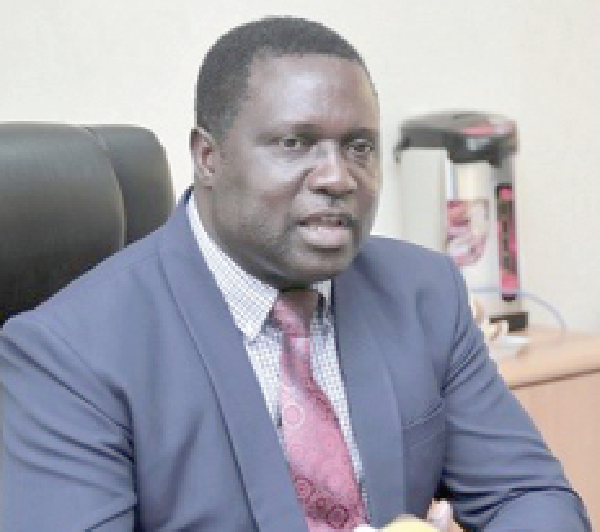
Addressing educational infrastructural challenge: We are ready to partner private sector - Minister
The government is ready to partner various stakeholders including the private sector operators to provide the much-needed infrastructure such as laboratories, workshops and lecture rooms for science, technology, engineering and mathematics (STEM)-based institutions.
The Minister of Education, Dr Yaw Osei Adutwum, who announced this, explained that the introduction of the free Senior High School (SHS) programme in 2017 had led to a consistent increase in the number of students who qualify to be admitted to tertiary institutions annually.
Advertisement
He mentioned for instance that during the 2020/21 admission season, out of the over 200,000 students, who applied to enter the government-subvented universities and colleges, the universities could admit only 142,000 due to lack of space, among other factors.
Consultative forum
Dr Adutwum was speaking at the national stakeholders' consultative forum dubbed :"towards sustainable infrastructure development in higher education institutions in Ghana" in Kumasi.
It was organised by the Ghana Tertiary Education Commission (GTEC), in collaboration with the Kwame Nkrumah University of Science and Technology (KNUST), and other stakeholders in the education sector.
The consultative forum was aimed at driving the development of infrastructural projects across tertiary institutions as well as deliberating on best practices to tackle and solve the ever-increasing gap in infrastructural requirements at the tertiary level.
Growth
"With the government pursuing strategies aimed at increasing the Gross Tertiary Enrollment Ratio (GTER) from the current 18.84 to 40 per cent by 2030, it is in our interest to continuously expand the infrastructural base of the various tertiary institutions," Dr Adutwum said.
The education minister said for example that the technical universities, which currently admit only about 63,728 students, could triple their intake with the right infrastructural expansion and ultimately increase enrolment in STEM programmes at the tertiary level.
Collaboration
He explained that the six new regions, which also needed tertiary education institutions had created the opportunity for collaboration between the private sector and government to provide those institutions with hostels, offices, workshops, laboratories, lecture rooms, bungalows and flats.
He charged the various participants to the national stakeholder consultative forum to have frank and insightful discussions that would result in the provision of adequate infrastructure in the nation's tertiary space.
Reflecting on the budget
The education minister said the 2022 budget had brought much hope into the nation's education sector with the construction of many educational infrastructure in various regions across the country.
In an address read for him, the Director-General of the GTEC, Prof. Mohammed Salifu, said the forum was to find a sustainable development plan for the development of infrastructure in the country's tertiary education.
He said the rising increase in the demand for infrastructure in all tertiary institutions across the country had led to the need to look for other sources of funding to complement the current sources of funding.
The Vice-Chancellor of KNUST, Prof. Rita Akosua Dickson, called for all stakeholders to contribute their ideas and know-how towards getting the best for the attainment of sustainable infrastructural needs of all tertiary institutions.
She appealed to the private sector players to also consider investing in the accommodation needs of all universities to support the effort being made by the government.



